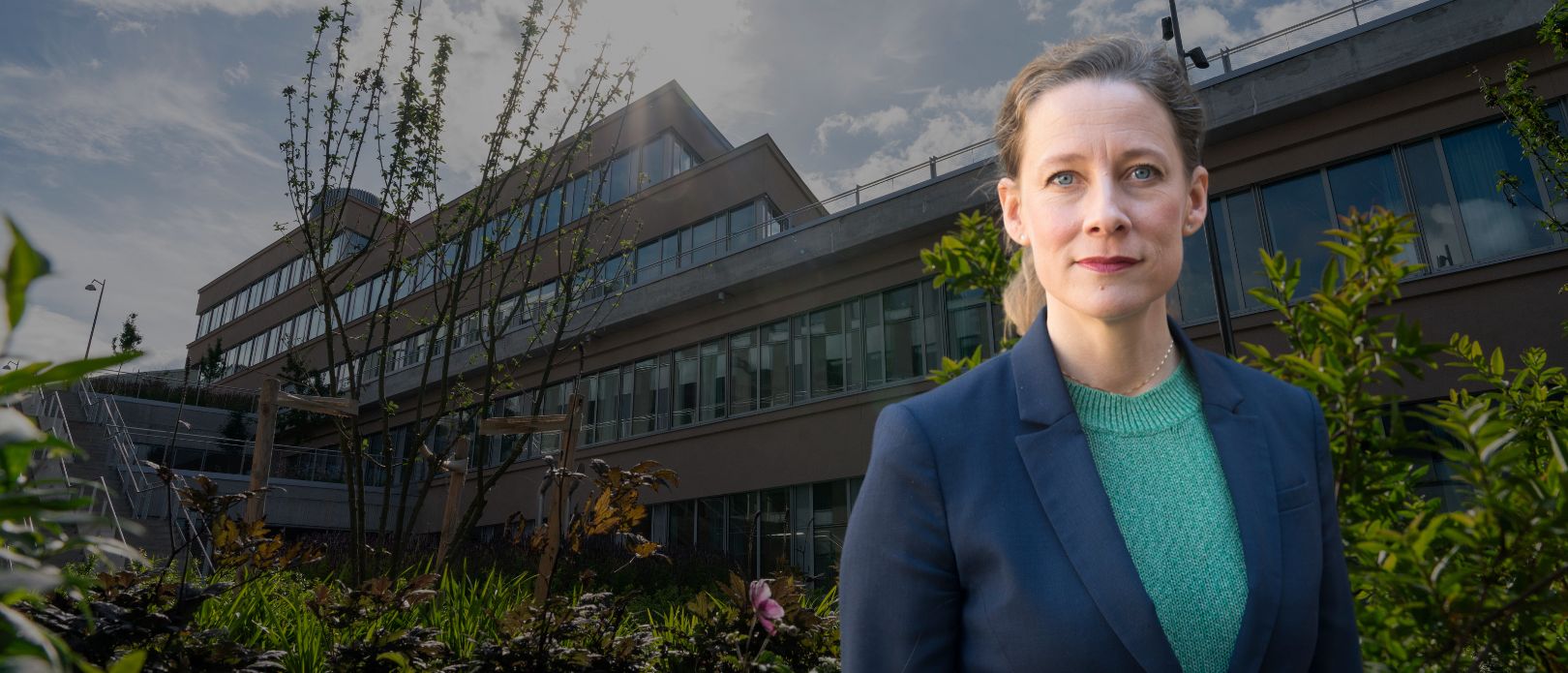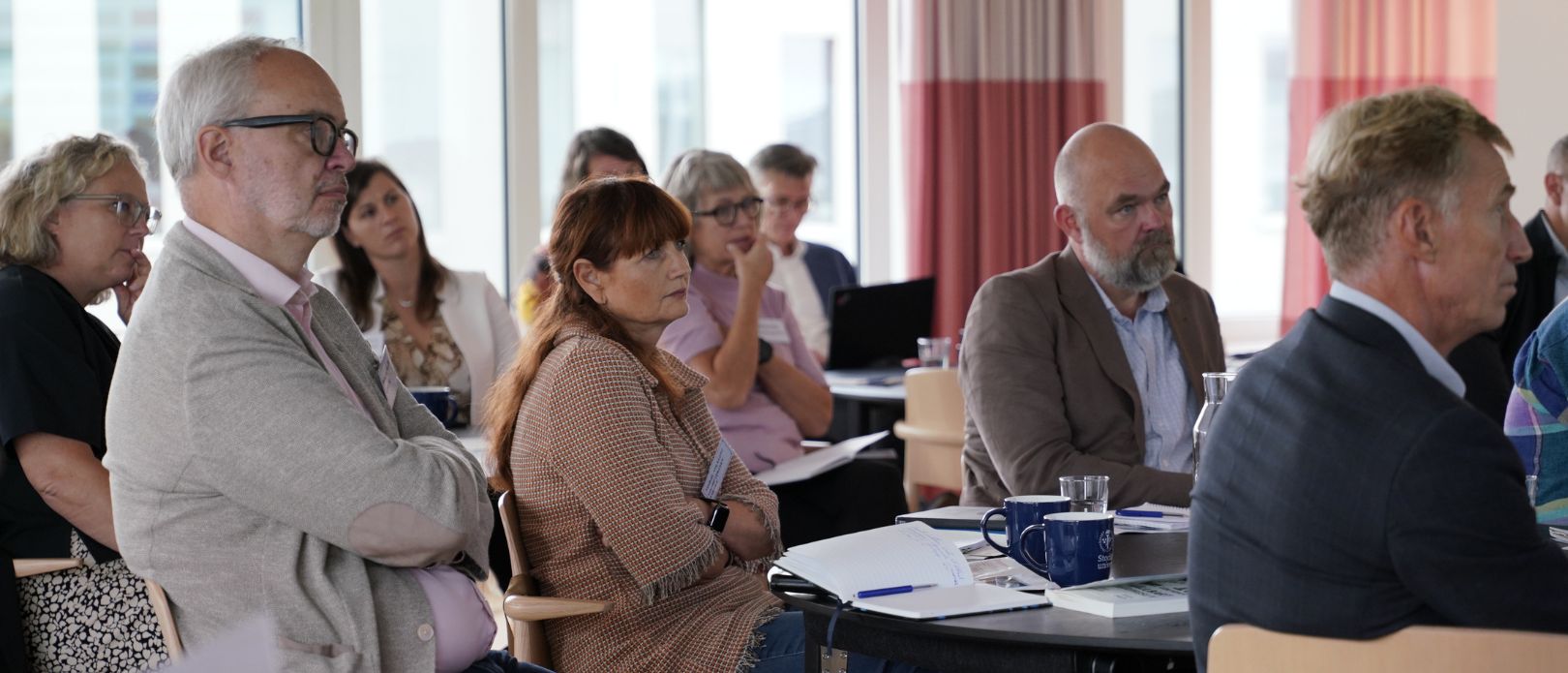Research impact
Lisen Schultz listed as one of the most influential women in business in Sweden

Lisen Schultz directs the Centre's Executive Programme in Resilience Thinking. Collage: Johannes Ernstberger/E-L. Jansson.
Centre deputy director Lisen Schultz, director of the Executive Programme on Resilience Thinking, has been included on the list of most influential women within the Swedish business sector
The ranking was published by the Swedish daily business newspaper Dagens Industri and it lists 125 women who, according to the newspaper, have the most influence to create an impact within the Swedish business sector.
“I’m honoured of course, and a bit surprised, since I’m a researcher and not a business leader. But I take this as a sign that the business community takes resilience research seriously and that we have found a way for science to reach key decision-makers,” comments Lisen Schultz.
She is one of only two scientists on Dagens Industri’s list. The second, Danica Kragic Jenseft, professor at KTH Royal Institute of Technology, is a member of the International Scientific Advisory Board of the Stockholm Resilience Centre.
Executive Programme in Resilience Thinking
Lisen Schultz has made it onto the list because of her work with the Executive Programme in Resilience Thinking, an education tailor-made for business leaders that takes a deep dive into the megatrends shaping the planet and the global economy.
“Since its beginning in 2018, we have educated more than 90 business leaders. During that time, we have seen more and more companies setting their own goals for emission reductions that are in line with the Paris Agreement. We have seen opinion pieces in which the programme’s alumni ask for policies that support a climate transformation. And we have seen new collaborations among companies and to create circularity. At the same time, the debate has matured to a point where we can discuss what kind of growth is reasonable on a planet with limited resources and degraded ecosystems, and also how to drive a just transformation for all,” says Lisen Schultz. She continues:
“Not all of that is of course due to our efforts alone, there are many who work for sustainable development based on science, but I do think that it plays a big role if the top-level of leadership develop their own compass on these issues, especially in turbulent times.”
Several of the other women on Dagens Industri’s list have participated in the programme.
Read more about the Executive Programme in Resilience Thinking »

.jpg)






